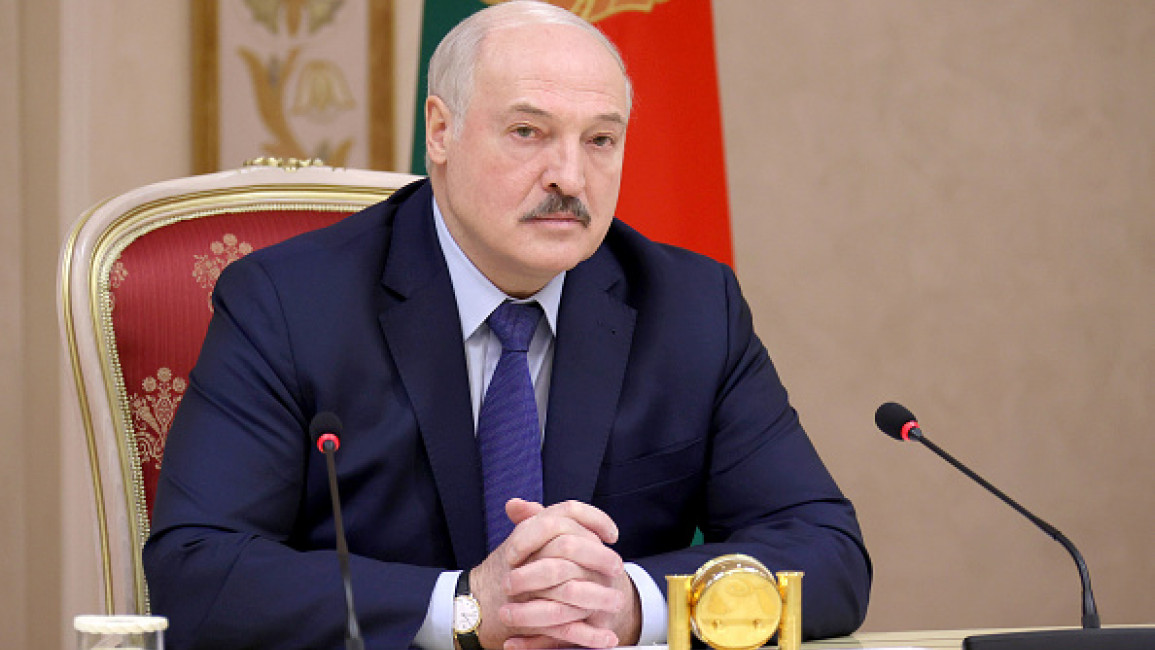Belarus leader downplays possible deployment to Syria
Belarus' authoritarian president said Tuesday he has no intention of sending troops to Syria to serve alongside Russian forces in the country but held the door open for a potential deployment of military medics there.
President Alexander Lukashenko's comment followed the publication of a draft agreement between Russia and Belarus that envisages the deployment of up to 200 Belarusian military personnel to Syria.
The document released by the Russian government Monday is yet to be signed by the countries’ foreign and defense ministries. It states that Belarusian military personnel will act under operational control of the Russian military in Syria when deployed there.
Russia has waged a military campaign in Syria since 2015, teaming up with Iran to help Syrian President Bashar Assad’s government reclaim control over most of the country after a devastating civil war.
The announcement of the potential deployment of Belarusian military personnel to Syria comes amid increasingly close defense ties between the two ex-Soviet neighbors and allies and it drew an immediate strong protest from the Belarusian opposition.
Sviatlana Tsikhanouskaya, the main challenger to Lukashenko in an August 2020 vote that was rejected as a sham by the opposition and the West, denounced the planned deployment to Syria as Lukashenko's payback for Moscow’s support for his crackdown on post-election protests.
In an apparent effort to deflect such criticism, Lukashenko said that he hadn't authorized any deployment yet.
“I haven't sent anyone there,” Lukashenko said Tuesday, adding that Syria had asked for humanitarian assistance and he discussed sending military medics there at some point.
“If they need doctors, we will offer help,” he said. “But not now — we have plenty of our own problems now and the pandemic isn't over.”
Lukashenko noted that Belarusian and Russian authorities had discussed logistics to accommodate the Belarusian personnel if they are sent to Syria.
The Belarusian leader has increasingly relied on the Kremlin’s political and financial support amid bruising Western sanctions triggered by his crackdown on domestic protests, has called for closer defense ties with Moscow and recently offered to host Russian nuclear weapons.
In recent weeks, Russia has moved troops from Siberia and the Far East to Belarus for sweeping joint drills. The deployment added to the Russian military buildup near Ukraine, fueling Western fears of a possible Russian invasion of Ukraine.
(Reuters)



